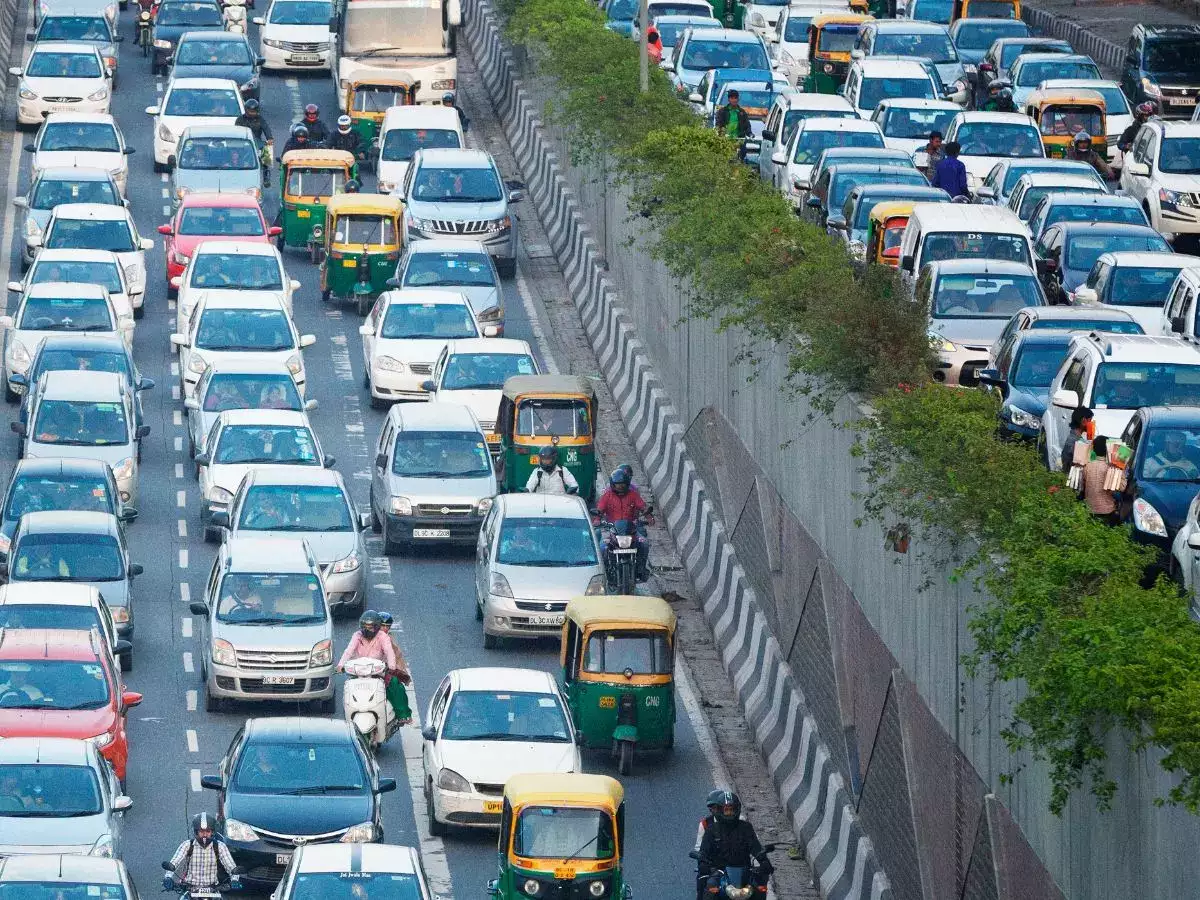
Between January and April this year, nearly 52,000 new private cars have been registered in Bengaluru, registering a 7% jump from last year. The number of newly registered units in the same four-month period has also been growing steadily over the years and has reached an all-time high.
According to data from the Karnataka Transport Department, 51,989 units were sold between January and April this year. Between January and April last year, 48,462 new cars were registered in the city. In 2022, this was close to 47,000, whereas in 2021, 46,367 cars were registered in the first four months.
Public transport
Experts say an affordable and efficient public transport system is the only antidote to the surge in private vehicles on city roads.
Unless the city increases its capacity and network of mass transit systems, the number of private car ownership will keep skyrocketing.
“The number of cars is going up every year due to poor public transport system. There is not much increase in the capacity of public transport systems over the last few years despite Bengaluru’s exponential growth towards the outskirts,” said a public transport proponent.
City-based mobility experts opine while multiple mass rapid transit projects such as metro and suburban rail projects are underway, none have met the set deadlines. Priority is still being given to road infrastructure projects.
This inadequate public transport system coupled with an unnecessary push to road infrastructure development projects is leading to a higher number of private vehicles on Bengaluru roads.
“While the public transport projects such as metro and BSRP are moving at a snail’s pace, road infrastructure projects have been fast-paced. None of the metro lines has ever been completed on time and K-RIDE’s suburban rail project has only been crawling.
All these rapid mass transit systems are terribly behind schedule. This trend will only lead to more traffic congestion as the number of vehicles keeps going up,” said a mobility expert.
Better policy needed
They say it is time that the government considers a comprehensive policy that discourages private cars and improves the public transport network to make it more attractive and easy to use with efficient first and last-mile connectivity to existing public transport systems. Private vehicle users will shift to a public mode of transport only when the end-to-end journey is affordable, convenient, and time-saving.
“Decision makers should prioritise commuter preferences, such as affordable and high-frequency services in last-mile service design. Feeder routes for existing metro lines need to be strengthened,” noted the expert.
Disclaimer: The copyright of this article belongs to the original author. Reposting this article is solely for the purpose of information dissemination and does not constitute any investment advice. If there is any infringement, please contact us immediately. We will make corrections or deletions as necessary. Thank you.





